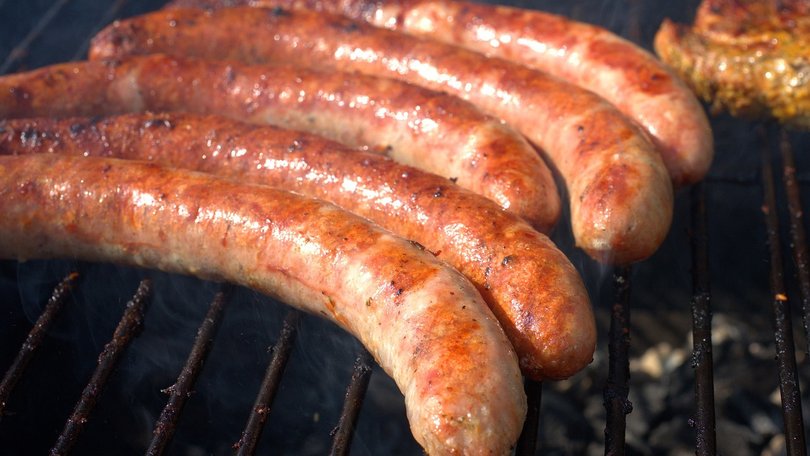CNBC: Increased sausage demand could be a worrying signal of the economy
An uptick in sausage demand can offer the latest sign of consumers tightening their belts as they continue grappling with high prices.

An uptick in sausage demand can offer the latest sign of consumers tightening their belts as they continue grappling with high prices.
There has been “modest growth” in the dinner sausage category for one producer, according to the Dallas Federal Reserve’s Texas Manufacturing Outlook Survey released Monday. This underscores the trends of shoppers opting for cheaper products and pulling back spending altogether as cumulative inflation bites into purchasing power.
“This category tends to grow when the economy weakens,” the respondent said, according to edited comments included in the Dallas Fed’s report. That is because “sausage is a good protein substitute for higher-priced proteins and can ‘stretch’ consumers’ food budgets.”
Sign up to The Nightly's newsletters.
Get the first look at the digital newspaper, curated daily stories and breaking headlines delivered to your inbox.
By continuing you agree to our Terms and Privacy Policy.This anecdote pointed out by eagle-eyed Bespoke Investment Group on social media site X (formerly Twitter) comes as grocery prices remain top of mind for consumers.
While the rate of annualised inflation has fallen closer to levels deemed healthy by economic policymakers, the collective increase in prices compared to just a few years ago has left everyday Americans feeling sour about the state of the national economy.
Additionally, it bolsters two themes emerging as hallmarks of today’s post-pandemic economy.
A growing chorus of corporate executives, including those leading some of the largest restaurant chains, have warned that the consumer is starting to slow down.
In particular, they have pointed to stress on lower-income tax brackets as they attempt to make their dollars go further.
The shift to sausage also highlights an action experts call the “trade down.”
Carefree customers may select protein that is typically more expensive such as steak or chicken. On the other hand, price-conscious shoppers will hunt for sausage or other lower-cost alternatives.
Other food manufacturers who responded to the Dallas Fed’s survey also raised concerns about their economic health. One said agriculture as a whole was “hurting,” citing challenges from factors such as weather and higher costs.
Another put it more plainly, saying it was “preparing for the recession.”
Originally published on CNBC
